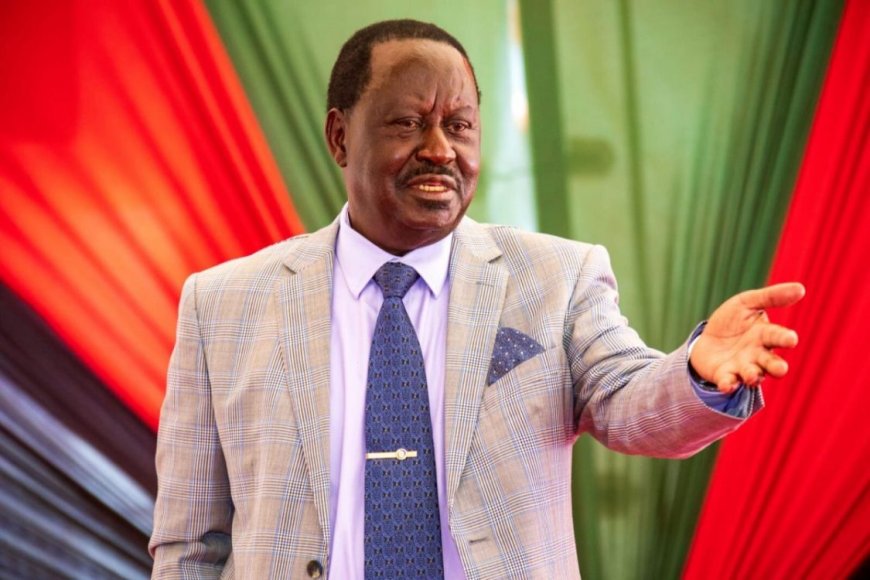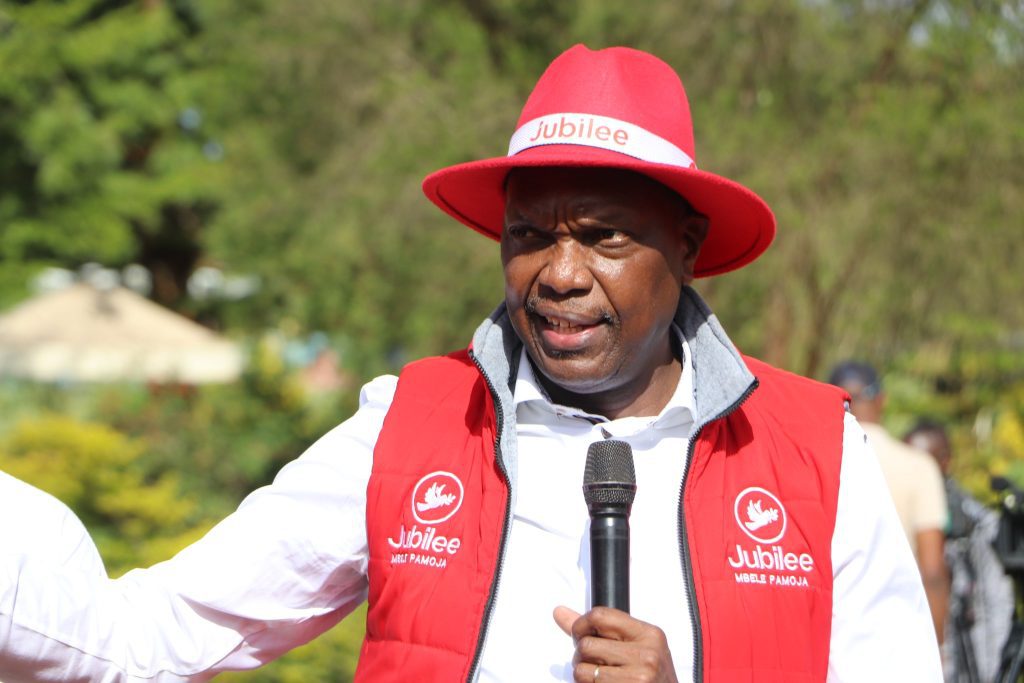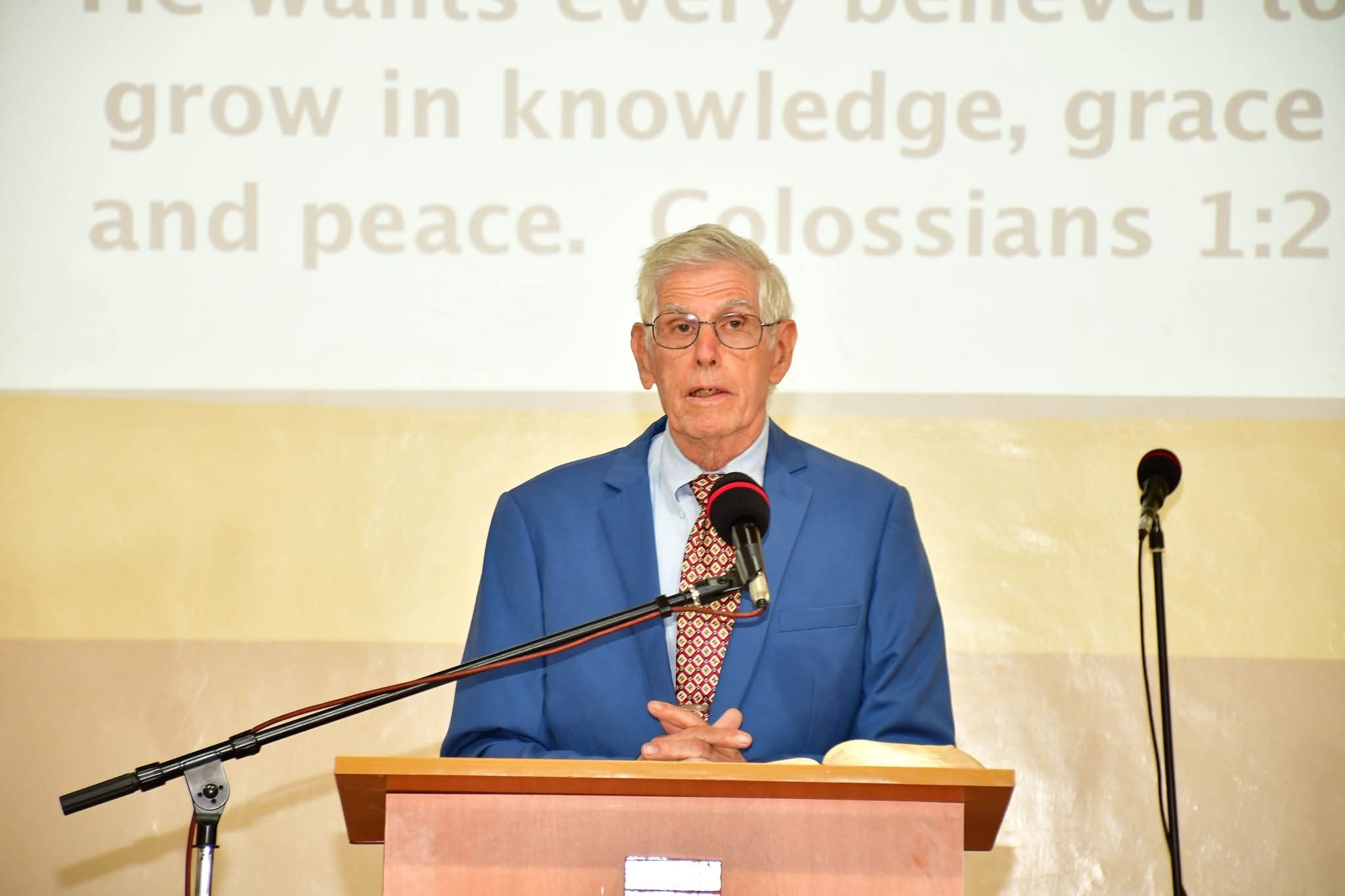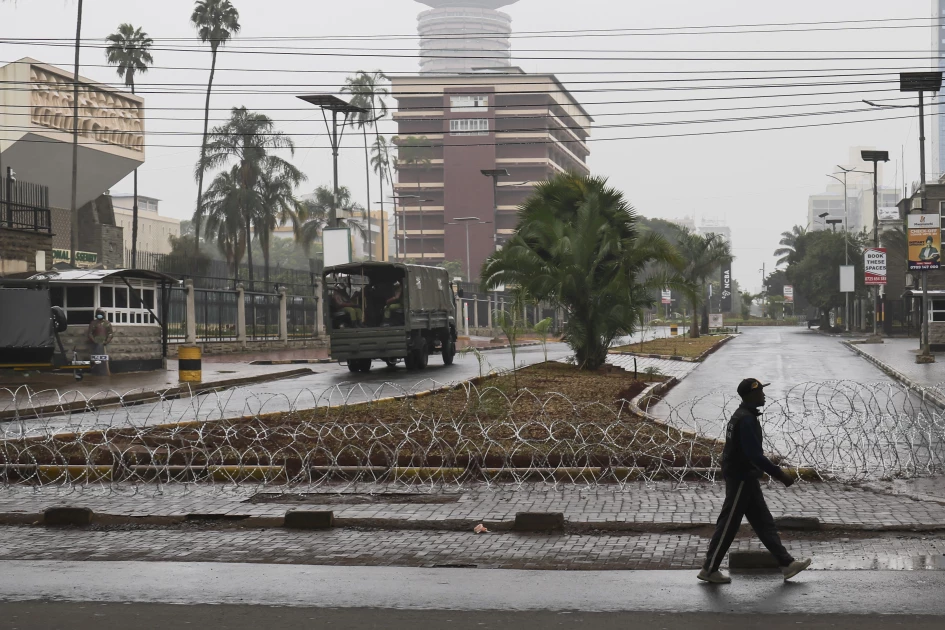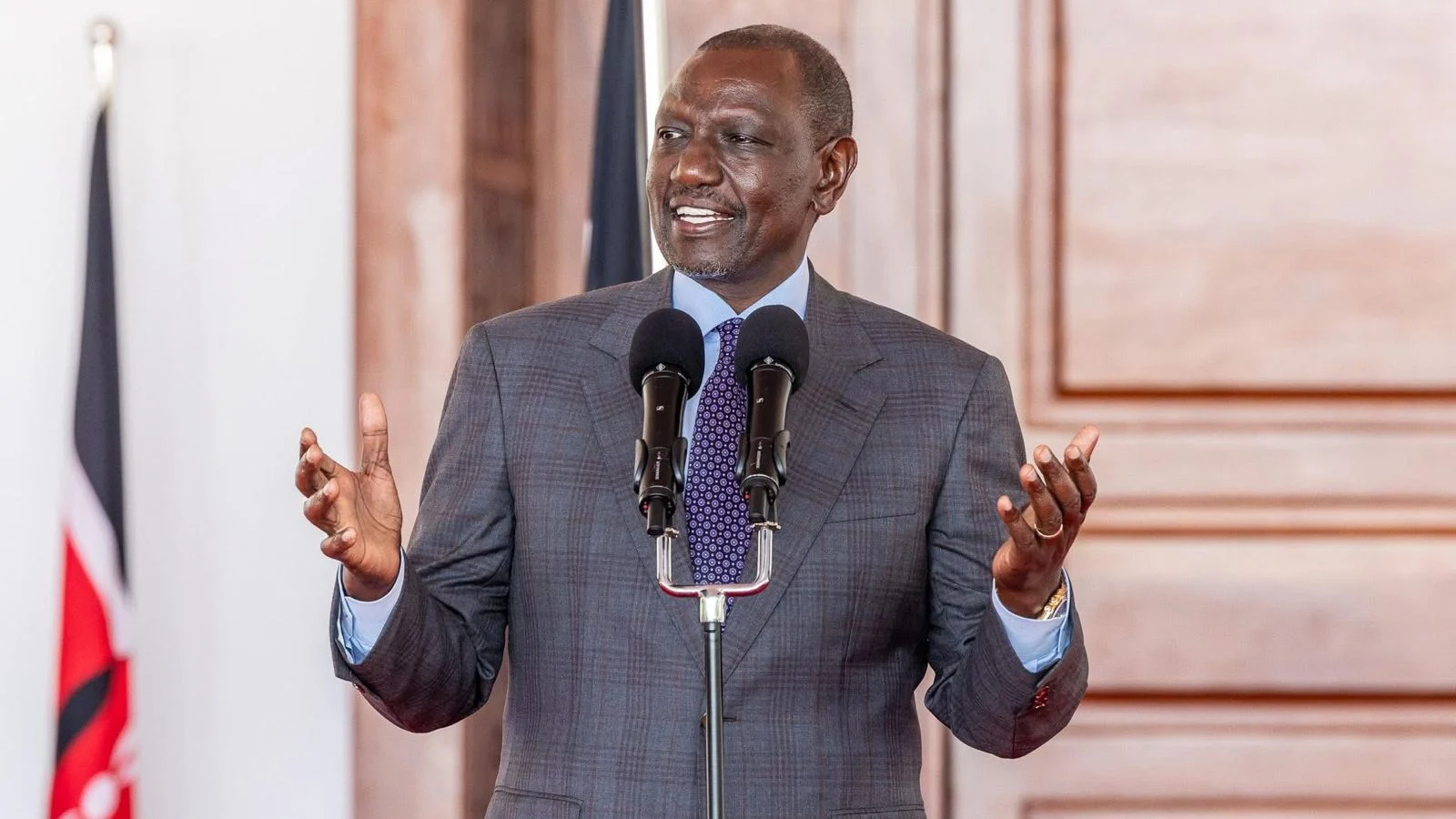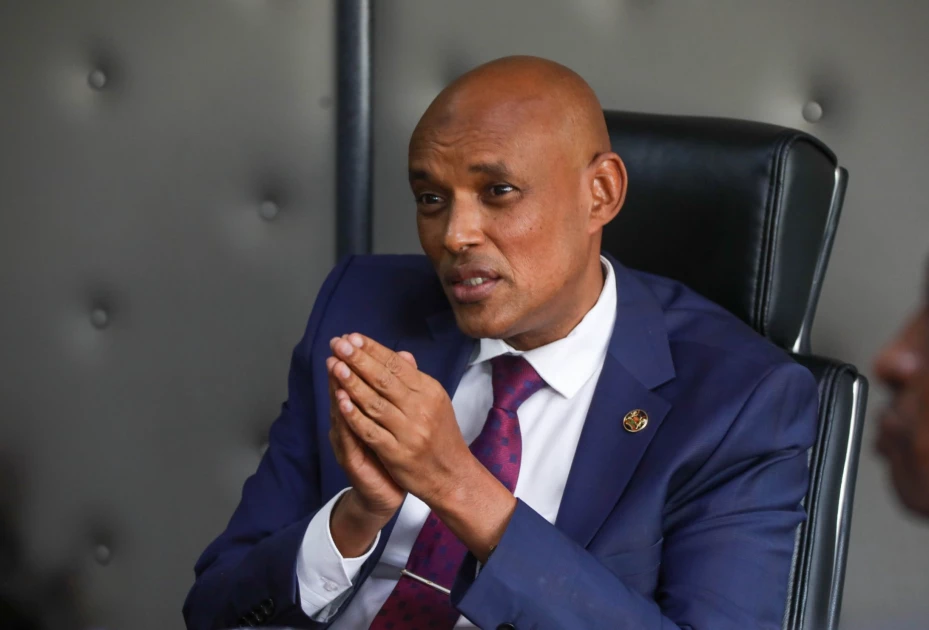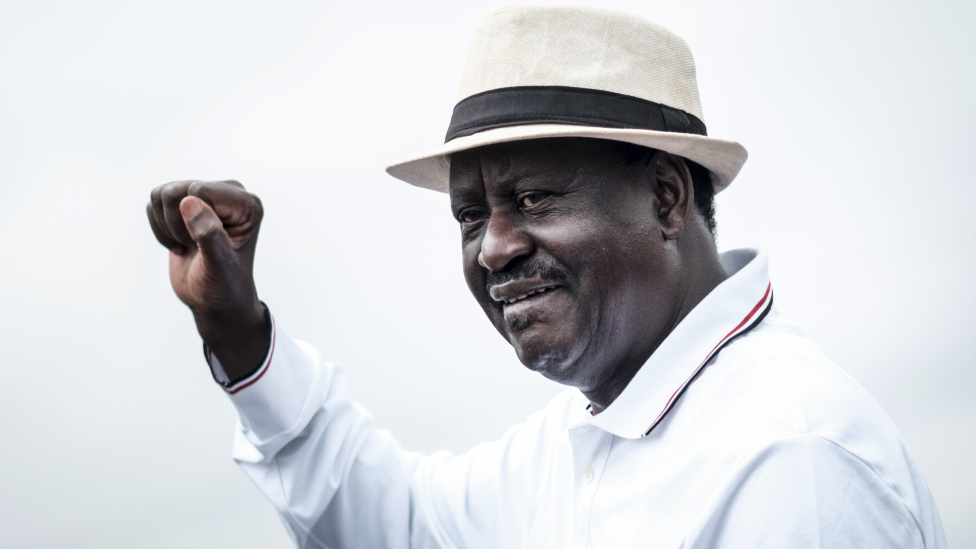Raila Calls for National Conclave to Tackle Crisis and Unify Kenya
Raila Odinga has proposed the formation of a national conclave to address Kenya’s growing political and economic unrest. He called for unity, police reforms, youth empowerment, and a renewed anti-corruption drive. The proposal came during the 35th Saba Saba anniversary, amid rising public discontent and protests.
Raila Odinga: I propose that the conclave I envisage comes up with better and sustainable ways of addressing transparency, accountability and impunity, especially with regard to corruption and ensuring that leaders are held accountable for their actions. The conclave must have clear terms of reference and be populated and held by the most serious and sober minds in our nation. The proceeds of the national dialogue be subjected to a referendum #SabaSaba
Posted by Citizen TV Kenya on Monday, July 7, 2025
During this year’s commemoration of the historic Saba Saba movement, ODM leader Raila Odinga has called for a national dialogue to address the deepening economic and political crises in Kenya. According to Raila, the current frustrations that are fueling mass protests across the country echo the grievances that led to the original 1990 Saba Saba demonstrations. He emphasized that Kenyans are still facing widespread inequality, economic difficulties, and state repression.
The 35th anniversary of Saba Saba was marked by tension and high security in Nairobi. Raila, who had earlier planned a rally at Kamukunji grounds, opted to cancel it due to the heavy police presence and numerous roadblocks leading to the city. Instead, he held a press briefing to outline a roadmap toward national healing and reforms. Central to his plan is the formation of a "national conclave" — a civic forum aimed at unifying the country and addressing critical governance issues.
Raila proposed that the conclave bring together leaders and voices from diverse regions, generations, and political backgrounds to steer a new national conversation. He stressed that such a platform should be composed of rational and visionary minds, tasked with delivering significant reforms. These reforms, he said, must be non-negotiable and should culminate in a referendum to let the people have the final say.
In his proposal, Raila outlined four pillars that should guide the national discussion: the convening of the conclave, comprehensive police reforms, a renewed war on corruption, and robust economic empowerment for the youth. He decried the persistent police brutality, linking it to a colonial legacy that remains unaddressed. According to him, the police force, notorious for using excessive force during protests, urgently needs restructuring to regain public trust.
Addressing the youth protests that have dominated headlines in recent months, Raila pointed out the critical need for inclusive economic policies. Many young people, he said, feel alienated and betrayed by leadership, which is why they’ve turned to the streets to demand accountability. He maintained that their voices must be part of the national discourse if the country is to achieve meaningful progress.
Raila challenged Kenyans to choose dialogue over chaos. Reflecting on his involvement in the 1990 pro-democracy protests, he stated that the fight for good governance and equality must continue, but through a unified national approach rather than confrontation. He argued that the country needs a coming together of minds, not more division.
The Saba Saba legacy remains a symbol of Kenya’s journey from autocracy to democratic pluralism. Although the 1990 protests were met with violent crackdowns, they eventually led to constitutional reforms and the reintroduction of multiparty politics. Today, Raila sees a similar opportunity — not just to remember history, but to renew Kenya’s democratic promise.
The anniversary has arrived at a time of widespread dissatisfaction with President William Ruto’s administration, particularly over the high cost of living and recent violent responses to civil unrest. Raila, now a symbol of opposition though recently allied with the government, believes a new civic roadmap is necessary to restore the nation’s direction and address the people’s cry for change.


